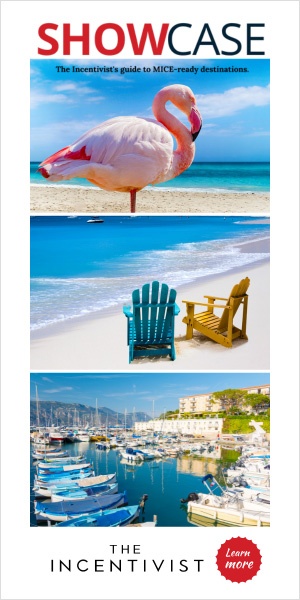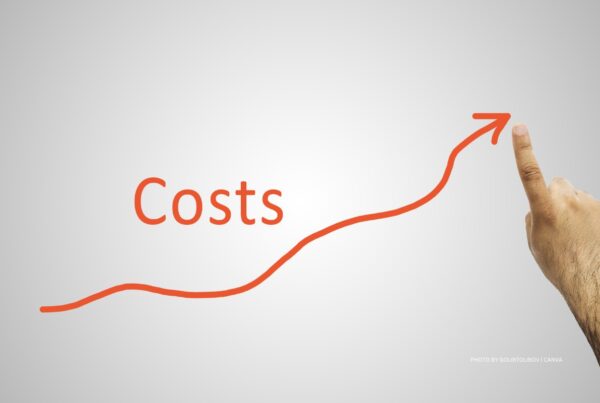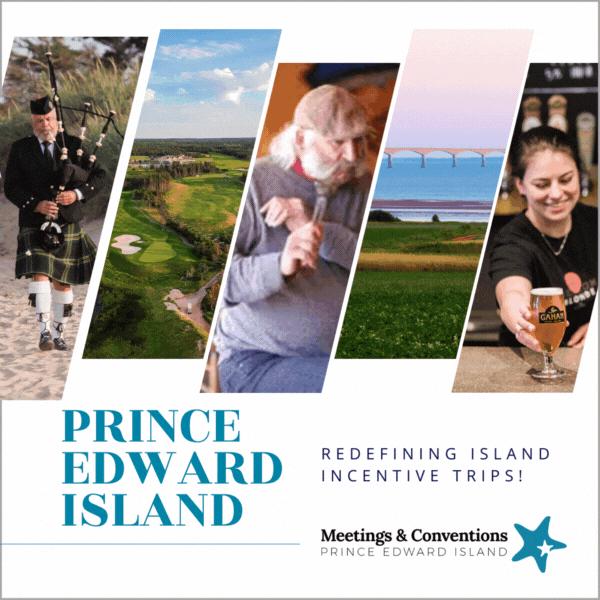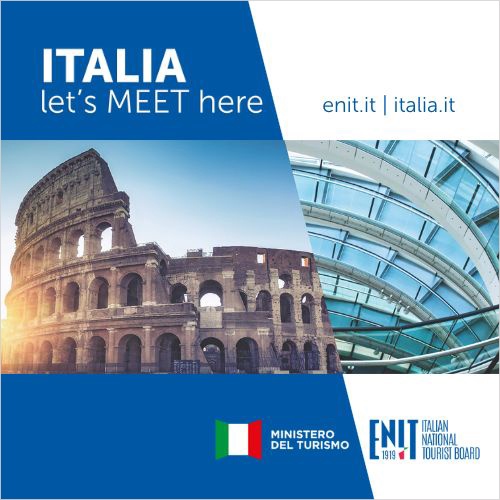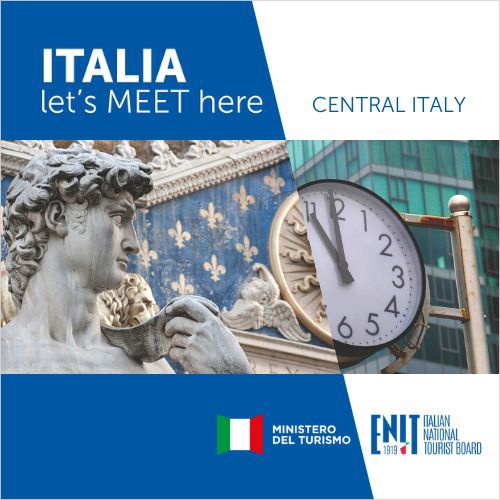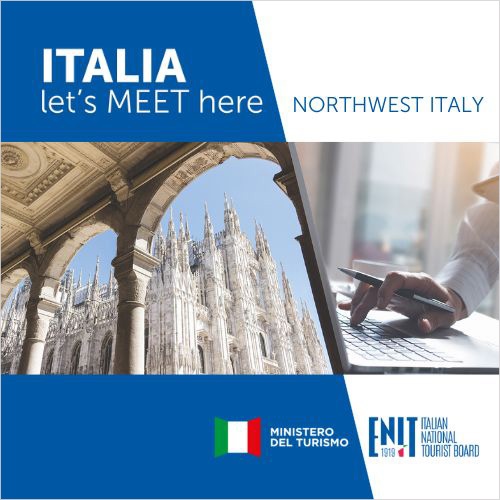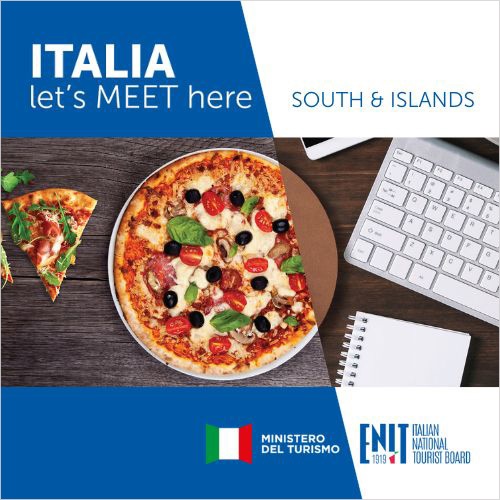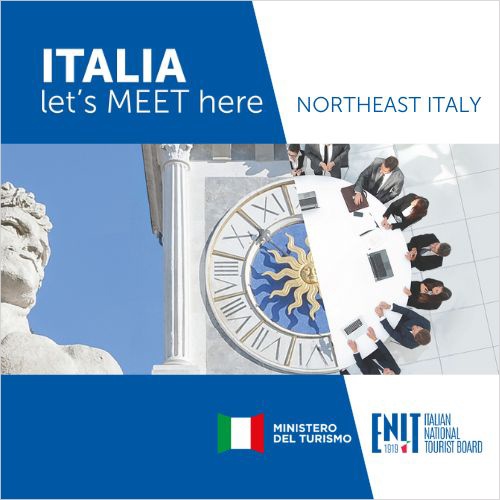The Incentive Research Foundation’s latest study, Generational Expectations of Incentives, examines the changing priorities of today’s workforce and explores the types of incentives and rewards that motivate early, mid, and late career employees.
The study, which was supported by Incentive Research Foundation (IRF) Research Advocacy Partner, One10, looks at what resonates with employees by career phase and income group, then discusses ways programs can change and expand to maximize effectiveness.
“To prepare for a rapidly changing workforce, organizations should examine their reward programs to ensure that they motivate the ‘younger’ workers who will soon form the majority,” said Stephanie Harris, IRF president. “Generational Expectations of Incentives explores ways that incentive and reward programs can be re-designed to maximize their appeal to young professionals, while remaining relevant to those in the mid and late stages of their careers, whose motivation remains vital.”
The IRF surveyed 939 North American workers representing a variety of industries and more than 25 occupational categories such as administrative, professional, and blue collar. Ninety-one percent of respondents have received at least one cash or non-cash tangible reward at work in their career, including cash bonuses, gift cards, merchandise, travel, and time off.
Key findings include:
- Younger workers (18-30) are significantly more drawn to merchandise (electronics, etc.) and experiences (concerts, etc.) than mid career and late career stage workers.
- Gift cards for fun and enjoyable purchases (hedonic) and gift cards for everyday purchases like groceries (utilitarian) were selected in the top three reward preferences across all career stages. Combined, they are more preferred than cash.
- Where cash and gift cards are removed as reward options, travel rewards are the most preferred, even above time off and flexible work. This holds true across all age groups and income levels.
- Late stage career workers (51+) express a much stronger preference for drivable domestic reward travel locations over those requiring flights.
- Younger respondents (18-30) and those with higher incomes are more likely than others to prefer group reward travel.
- Paid time off as a reward is far more important to early stage workers than to mid and late career workers. The lower the employee’s income, the more likely they are to select PTO over cash.
- Across all age groups, more than 90 percent of workers would take a $500 bonus over giving $750 to a charity in their name.
To view or download a copy of the full report, visit Generational Expectations of Incentives webpage.



